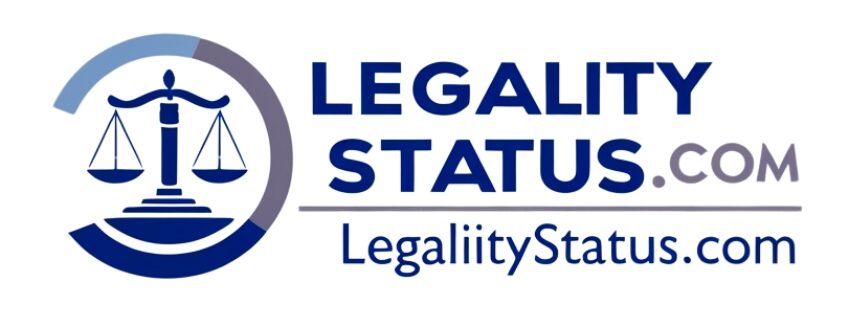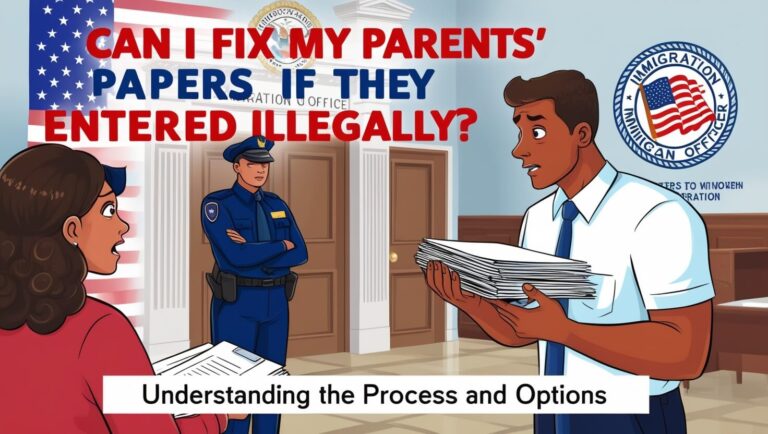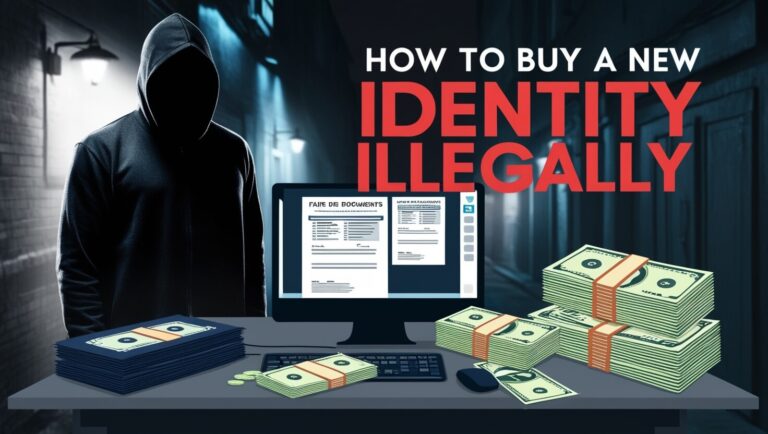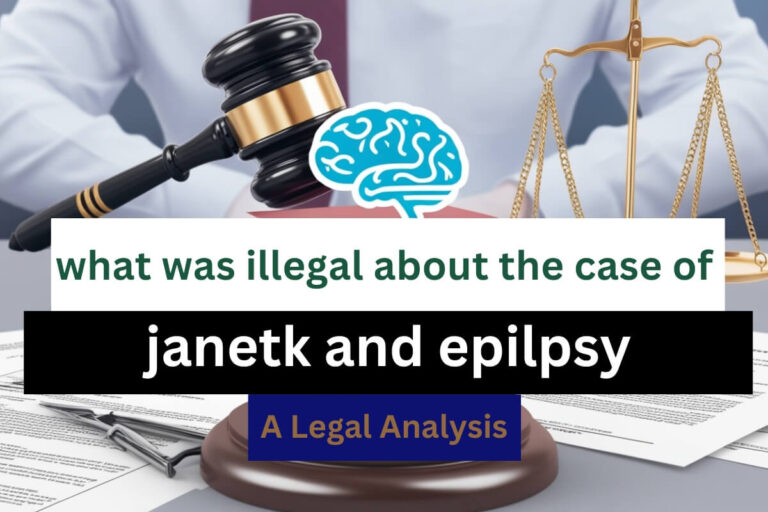Can You Go to Jail for Illegal Eviction? Understanding the Consequences
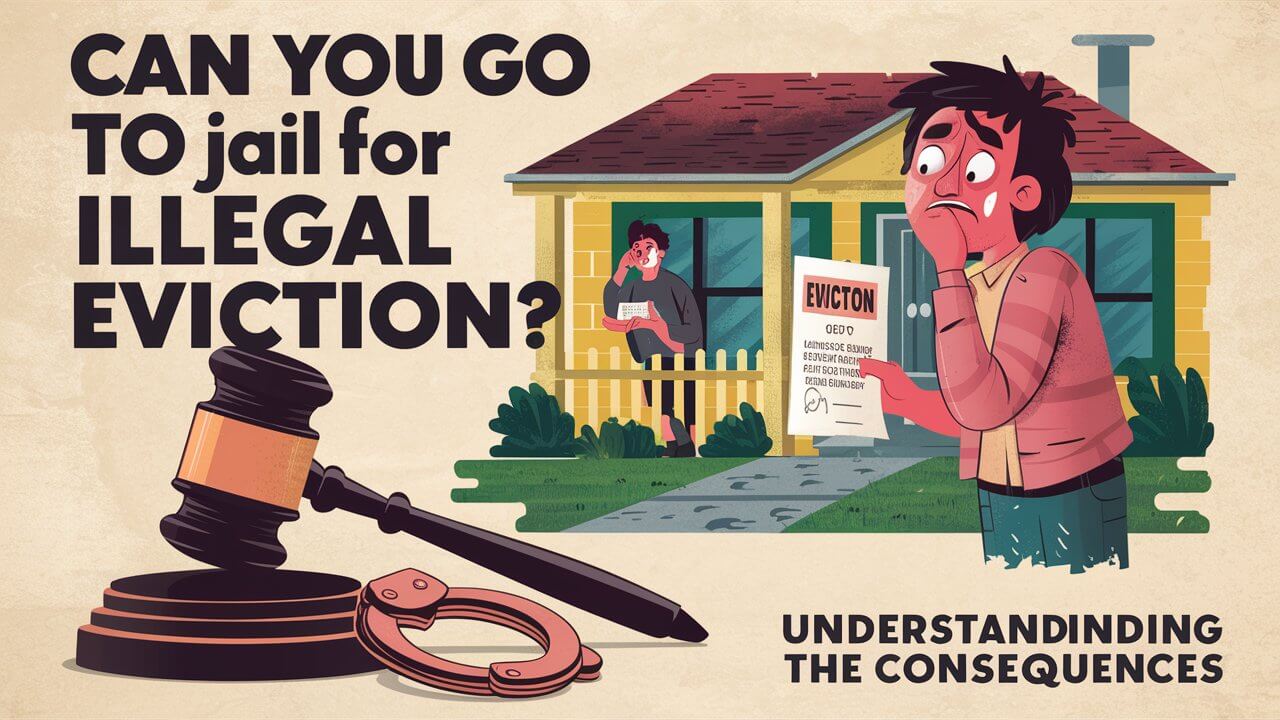
Yes, you can go to jail for illegal eviction. Landlords who illegally evict tenants may face criminal charges, including potential jail time and hefty fines. The severity of the consequences depends on the specific circumstances and jurisdiction, but illegal eviction is a serious offense that can result in imprisonment.
Illegal eviction is a critical issue in the world of property rental, affecting both landlords and tenants. It’s essential to understand the legal implications and potential consequences of such actions. This article will explore the various aspects of illegal evictions, including what constitutes an illegal eviction, the legal ramifications, and how both landlords and tenants can protect their rights.
What Constitutes an Illegal Eviction?
Illegal eviction occurs when a landlord forces a tenant to leave their rented property without following the proper legal procedures. This can take many forms, from changing locks to cutting off utilities or using threats and intimidation.
Common Types of Illegal Evictions
- Lockouts: Changing locks to prevent tenant access
- Utility shutoffs: Cutting off essential services like water or electricity
- Threats or harassment: Using intimidation to force tenants out
- Removing tenant belongings: Disposing of or moving a tenant’s possessions without permission
- Self-help evictions: Any attempt to remove a tenant without a court order
The Difference Between Legal and Illegal Evictions
Legal evictions follow a strict process outlined by law, typically involving:
- Proper notice to the tenant
- Filing an eviction lawsuit if necessary
- Obtaining a court order
- Using law enforcement to carry out the eviction if required
Illegal evictions bypass these steps, often resulting in faster but unlawful removal of tenants.
Legal Consequences of Illegal Evictions
The consequences of illegal evictions can be severe, encompassing both criminal and civil penalties.
Criminal Penalties: Fines and Imprisonment
In many jurisdictions, illegal eviction is a criminal offense. Landlords found guilty may face:
- Fines: These can range from a few thousand dollars to tens of thousands, depending on the severity and jurisdiction.
- Jail time: Sentences can vary from a few months to several years in extreme cases.
- Criminal record: A conviction can result in a permanent criminal record.
For example, in the UK, landlords convicted of illegal eviction can face up to two years in prison and unlimited fines.
Civil Liabilities: Damages and Compensation
Apart from criminal charges, landlords may also face civil lawsuits from illegally evicted tenants. These can result in:
- Compensation for the tenant’s losses
- Punitive damages in cases of extreme misconduct
- Legal fees and court costs
- Requirement to allow the tenant back into the property
In some cases, civil penalties can be substantial. The Cashmere v Walsh case in the UK resulted in a landlord being ordered to pay £81,215 in damages to an illegally evicted tenant.
The Legal Process for Eviction
To avoid illegal eviction charges, landlords must follow the proper legal procedures for eviction.
Proper Notice Requirements
The first step in a legal eviction is providing proper notice to the tenant. This typically involves:
- Written notice detailing the reason for eviction
- Specific timeframes based on local laws and the type of eviction
- Proper delivery of the notice to the tenant
For example, in many jurisdictions, a “pay or quit” notice for non-payment of rent might give the tenant 3-7 days to pay or move out.
Court Orders and Possession Warrants
If the tenant doesn’t comply with the notice, the next steps usually involve:
- Filing an eviction lawsuit in court
- Attending a court hearing
- Obtaining a judgment for possession
- Getting a warrant for possession if the tenant still doesn’t leave
Only after these steps can a landlord legally remove a tenant, and even then, it’s usually done by law enforcement, not the landlord themselves.
Tenant Rights and Protections Against Illegal Evictions
Tenants have significant legal protections against illegal evictions.
Protection from Eviction Act 1977
In the UK, the Protection from Eviction Act 1977 provides crucial safeguards for tenants. It makes it a criminal offense for landlords to:
- Unlawfully deprive tenants of their home
- Harass tenants to make them leave
Similar laws exist in many other countries and jurisdictions.
Harassment and Its Legal Implications
Harassment goes beyond just trying to evict someone illegally. It can include:
- Entering the property without permission
- Refusing to make necessary repairs
- Threatening behavior or language
- Interfering with utilities or services
Harassment is often treated as a separate offense and can lead to additional criminal charges and civil penalties.
Landlord Responsibilities in the Eviction Process
Landlords have specific responsibilities they must fulfill to ensure they’re acting within the law.
Following Correct Eviction Procedures
To avoid illegal eviction charges, landlords should:
- Understand local eviction laws thoroughly
- Provide proper written notice
- File eviction lawsuits correctly
- Wait for court orders before taking any action
- Use law enforcement for actual tenant removal if necessary
Avoiding Actions That Could Lead to Illegal Eviction Claims
Landlords should avoid:
- Changing locks without a court order
- Removing tenant belongings
- Shutting off utilities
- Making threats or using force
- Entering the property without proper notice or permission
Even if a tenant is clearly violating their lease, landlords must follow legal procedures to avoid potential jail time or fines.
Real-Life Cases: When Landlords Faced Jail Time for Illegal Evictions
Several cases highlight the serious consequences of illegal evictions.
Notable Court Rulings and Sentences
- In 2019, a San Francisco landlord was sentenced to 6 months in jail for illegally evicting tenants from a rent-controlled apartment.
- A London landlord received a 4-month suspended jail sentence and was ordered to pay £20,000 in fines and costs for illegally evicting a family in 2018.
- In 2020, a New York landlord faced up to 7 years in prison for forcibly evicting tenants during the COVID-19 eviction moratorium.
Lessons Learned from High-Profile Cases
These cases underscore several key points:
- Courts take illegal evictions very seriously
- Ignorance of the law is not a valid defense
- The potential for jail time is real, not just theoretical
- Fines and civil penalties can be substantial
- Illegal evictions during crisis periods (like pandemics) may face harsher penalties
How Tenants Can Respond to Illegal Eviction Attempts
Tenants facing illegal eviction have several options to protect their rights.
Immediate Steps to Take
- Document everything: Keep records of all communication and incidents
- Refuse to leave: If it’s safe to do so, stay in the property
- Call the police: Report any threats or attempts to force you out
- Contact local housing authorities: They can often intervene or provide guidance
- Seek emergency court orders: In some cases, you can get immediate legal protection
Seeking Legal Help and Reporting Illegal Evictions
Tenants should also:
- Consult with a tenant rights organization or lawyer
- File complaints with relevant housing authorities
- Consider pursuing civil action against the landlord
- Report criminal behavior to law enforcement
Many areas have legal aid services that can help tenants facing illegal eviction at little or no cost.
The Role of Law Enforcement in Illegal Evictions
Police play a crucial role in preventing and responding to illegal evictions.
When and How Police Can Intervene
Police can:
- Respond to calls about landlords attempting forced entry
- Mediate disputes between landlords and tenants
- Inform landlords about the legal consequences of illegal eviction
- In some cases, arrest landlords for criminal behavior
Limitations of Police Involvement
However, police involvement has limits:
- They may view some eviction disputes as civil matters
- Officers might not be fully aware of complex tenancy laws
- In non-violent situations, they might refer tenants to housing authorities or courts
It’s important for both landlords and tenants to understand that only court-appointed officials can carry out legal evictions.
Prevention Strategies for Landlords
Landlords can take steps to avoid illegal eviction situations.
Education on Eviction Laws
Landlords should:
- Stay updated on local and state tenancy laws
- Attend landlord education courses
- Consult with property lawyers before taking action
- Join landlord associations for support and information
Proper Documentation and Communication
Good practices include:
- Keeping detailed records of all tenant interactions
- Communicating clearly and in writing about lease violations
- Following proper procedures for notices and complaints
- Maintaining properties to avoid disputes over living conditions
By following the law and maintaining open communication, landlords can often resolve issues without resorting to eviction.
The Impact of Illegal Evictions on Tenants
Illegal evictions can have severe consequences for tenants beyond just losing their homes.
Emotional and Financial Consequences
Tenants may experience:
- Stress and anxiety from housing insecurity
- Financial strain from unexpected moving costs
- Loss of personal belongings in rushed or forced moves
- Difficulty finding new housing due to eviction records
- Disruption to work and family life
Long-Term Effects on Housing Stability
Illegal evictions can lead to:
- Homelessness or unstable housing situations
- Negative impacts on credit scores
- Challenges in renting future properties
- Ongoing legal battles and associated costs
These impacts underscore why illegal evictions are treated so seriously by the legal system.
Legal Alternatives to Eviction for Landlords
Before considering eviction, landlords have other options to resolve tenant issues.
Mediation and Dispute Resolution
Many areas offer mediation services that can help landlords and tenants reach agreements without going to court. This can involve:
- Neutral third-party mediators
- Structured discussions of issues and potential solutions
- Legally binding agreements if both parties consent
Negotiating with Tenants
Direct negotiation can often resolve problems. Landlords might consider:
- Payment plans for tenants behind on rent
- Addressing maintenance issues promptly
- Modifying lease terms by mutual agreement
- Offering cash for keys in extreme cases
These approaches can often be faster, cheaper, and less stressful than eviction proceedings.
Recent Changes in Eviction Laws and Their Impact
Eviction laws have seen significant changes in recent years, particularly in response to the COVID-19 pandemic.
COVID-19 Related Eviction Moratoriums
Many jurisdictions implemented eviction moratoriums during the pandemic, which:
- Temporarily banned most evictions
- Protected tenants who couldn’t pay rent due to pandemic-related financial hardship
- Imposed stricter penalties for landlords attempting illegal evictions during this time
Evolving Tenant Protection Legislation
Beyond pandemic measures, many areas are strengthening tenant protections:
- Increasing notice periods for evictions
- Expanding “just cause” eviction requirements
- Enhancing penalties for landlord retaliation
- Implementing rent control measures
Landlords need to stay informed about these changing laws to avoid inadvertently committing illegal evictions.
Frequently Asked Questions About Illegal Evictions
Common Misconceptions
- “I own the property, so I can remove tenants whenever I want.” False. Tenants have legal rights that protect them from arbitrary eviction.
- “If a tenant doesn’t pay rent, I can change the locks immediately.” False. Non-payment of rent requires following legal eviction procedures.
- “Verbal agreements aren’t binding, so I can evict without notice.” False. Even verbal tenancy agreements create legal protections for tenants.
Key Points for Landlords and Tenants to Remember
- Always follow legal procedures for evictions.
- Document everything in writing.
- Seek legal advice if unsure about rights or responsibilities.
- Illegal evictions can result in criminal charges, including jail time.
- Tenants have the right to safe, peaceful occupation of their rented home.
Ending Thoughts: The Serious Nature of Illegal Evictions and Their Consequences
Can you go to jail for illegal eviction? The answer is a resounding yes. Illegal evictions are serious offenses that can result in severe consequences for landlords, including fines, civil penalties, and imprisonment. The legal system views these actions as a significant violation of tenants’ rights and a threat to housing stability.
For landlords, the key takeaway is to always follow proper legal procedures, even if it seems time-consuming or frustrating. The potential consequences of illegal eviction far outweigh any perceived benefits of taking shortcuts.
Tenants should be aware of their rights and the resources available to them if they face illegal eviction attempts. Prompt action and documentation can make a significant difference in protecting their homes and rights.
Ultimately, understanding and respecting the legal framework surrounding evictions benefits both landlords and tenants. It ensures fair treatment, maintains housing stability, and upholds the rule of law in landlord-tenant relationships. By adhering to these principles, we can create a more just and stable housing environment for everyone involved.
